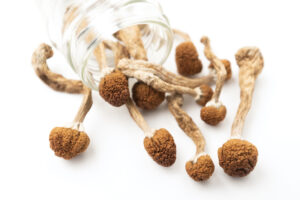Introduction
As interest in the therapeutic and recreational use of psilocybin mushrooms continues to grow, the need for ensuring the quality and safety of these psychedelic fungi becomes paramount. Without proper quality control measures in place, consumers risk ingesting contaminated or low-potency mushrooms, which can have detrimental effects on their well-being. In this article, we will explore the various factors that influence the quality of psilocybin mushrooms, provide guidance on how to visually inspect mushrooms before purchase, discuss the importance of sourcing from reputable suppliers, delve into the role of lab testing in quality assurance, and offer resources for further education on this topic. By empowering consumers with knowledge and tools to verify the quality of psilocybin mushrooms, we aim to promote safe and effective experiences with these mystical fungi.
Understanding the Importance of Quality Control in Psilocybin Mushrooms
The Benefits of Quality Control in Psychedelic Substances
In the world of psilocybin mushrooms, quality control isn’t just a buzzword – it’s crucial. Ensuring that these magical fungi are of top-notch quality means a more consistent and reliable experience for users. Think of it as choosing a fine wine over a bottle of questionable moonshine – you want the good stuff when embarking on a psychedelic journey.
Potential Risks of Poor Quality Psilocybin Mushrooms
Now, picture this: you’re all geared up for a mind-bending trip, but instead, you’re left with a lackluster experience or, worse, unexpected side effects. Poor quality psilocybin mushrooms can not only dampen your mood but also pose risks to your physical and mental well-being. It’s like expecting a thrilling rollercoaster ride but ending up on a broken-down merry-go-round – not cool.
Factors Affecting the Quality of Psilocybin Mushrooms
Growth Conditions and Cultivation Practices
Just like growing a prized tomato or brewing the perfect cup of coffee, how psilocybin mushrooms are nurtured makes all the difference. Factors like light, humidity, and nutrients play a crucial role in determining their potency and overall quality.
Species and Strain Varieties
Psilocybin mushrooms come in different species and strains, each with its unique characteristics. Some may offer a more intense experience, while others provide a gentler journey. Knowing the differences can help you choose the right kind of magic for your adventure.
Harvesting and Drying Techniques
Harvesting and drying may sound like chores, but when it comes to psilocybin mushrooms, they’re essential steps in preserving potency. Proper techniques ensure that the magic stays alive and kicking, ready to whisk you away on a psychedelic escapade.
Visual Inspection Techniques for Assessing Psilocybin Mushroom Quality
Identifying Common Visual Indicators of Quality
No magnifying glass required – quality mushrooms often boast vibrant colors, intact caps, and a firm texture. It’s like choosing the ripest fruit in the bunch – you want freshness and vitality in every bite.
Signs of Contamination or Spoilage
Just as you wouldn’t munch on moldy bread, spotting signs of contamination in psilocybin mushrooms is crucial. Fuzzy growth or unusual discoloration? Time to say goodbye and find yourself a healthier batch.
Sourcing Psilocybin Mushrooms from Reputable Suppliers
Researching and Vetting Suppliers
When it comes to scoring top-notch psilocybin mushrooms, trust is key. Research suppliers like you’re playing detective – check reviews, ask questions, and ensure they uphold quality and safety standards. Remember, your psychedelic journey deserves the best travel companions.
Legal Considerations and Regulatory Compliance
In a world where psychedelic laws can be as fuzzy as a trippy dream, it’s vital to stay informed. Ensure that your psilocybin mushrooms are sourced from suppliers who operate within legal boundaries and comply with regulations. Let’s keep the magic alive while staying on the right side of the law.
Considerations for Lab Testing Psilocybin Mushrooms
When contemplating the quality of psilocybin mushrooms, lab testing is a crucial step to ensure purity and potency. By examining the composition of the mushrooms, you can make informed decisions about their quality before purchase.
Types of Lab Tests Available for Psilocybin Mushroom Analysis
Various lab tests can be conducted to analyze psilocybin mushrooms, including gas chromatography and mass spectrometry. These tests help identify the presence of psilocybin and other compounds, giving insight into the mushroom’s quality.
Interpreting Lab Results and Quality Metrics
Understanding lab results and quality metrics is key in evaluating the potency and safety of psilocybin mushrooms. Look for proper quantification of psilocybin content and absence of contaminants to ensure a high-quality product.
Ensuring Safety and Efficacy in Psilocybin Mushroom Consumption
To enhance your experience with psilocybin mushrooms, focusing on safety and efficacy is paramount. Adhering to safe dosage guidelines and creating an optimal environment can maximize the benefits while minimizing risks.
Safe Dosage Guidelines and Harm Reduction Practices
Following recommended dosage guidelines and practicing harm reduction strategies can prevent adverse reactions and promote a positive psilocybin experience. Start with a low dose and gradually increase, prioritizing safety throughout.
Managing Set and Setting for Optimal Experiences
Curating the right mindset (set) and physical environment (setting) significantly impacts your psilocybin journey. By creating a comfortable and supportive setting, you can enhance the therapeutic effects and overall experience.
Resources for Further Education on Psilocybin Mushroom Quality
For those seeking more information on psilocybin mushrooms and their quality, various resources are available to deepen understanding and knowledge on the subject.
Books, Websites, and Online Communities
Explore books, websites, and online communities dedicated to psilocybin mushrooms to expand your awareness and connect with like-minded individuals. These platforms offer valuable insights and discussions on mushroom quality and consumption.
Training Programs and Workshops on Psychedelic Harm Reduction
Engaging in training programs and workshops focused on psychedelic harm reduction can provide practical tools and strategies for safe psilocybin use. By educating yourself further, you empower yourself to make informed decisions and promote responsible consumption.
Conclusion: Empowering Consumers to Make Informed Decisions on Psilocybin Mushrooms
By prioritizing lab testing, safety guidelines, and education, consumers can navigate the world of psilocybin mushrooms with confidence and mindfulness. Empower yourself with knowledge and resources to make informed decisions that enhance your psilocybin experiences.
Conclusion
By prioritizing quality control measures and being vigilant in assessing the integrity of psilocybin mushrooms, individuals can enhance their psychedelic experiences while minimizing risks. Whether through visual inspection techniques, sourcing from trusted suppliers, or utilizing lab testing services, taking proactive steps to verify the quality of mushrooms is crucial for ensuring safety and efficacy. With a wealth of resources available for further education and support, consumers can make informed decisions and navigate the world of psilocybin mushrooms with confidence and responsibility. By advocating for quality assurance practices, we can contribute to a culture of harm reduction and empower individuals to engage in psychedelic experiences mindfully and purposefully.
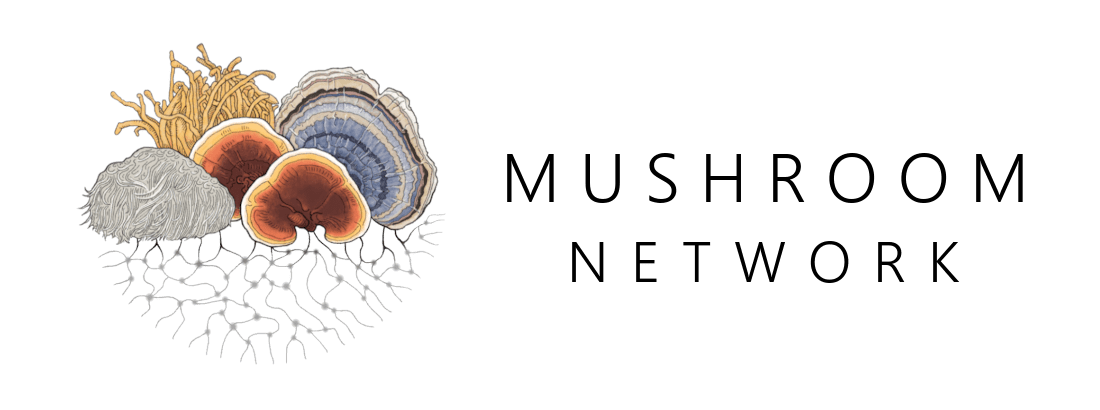
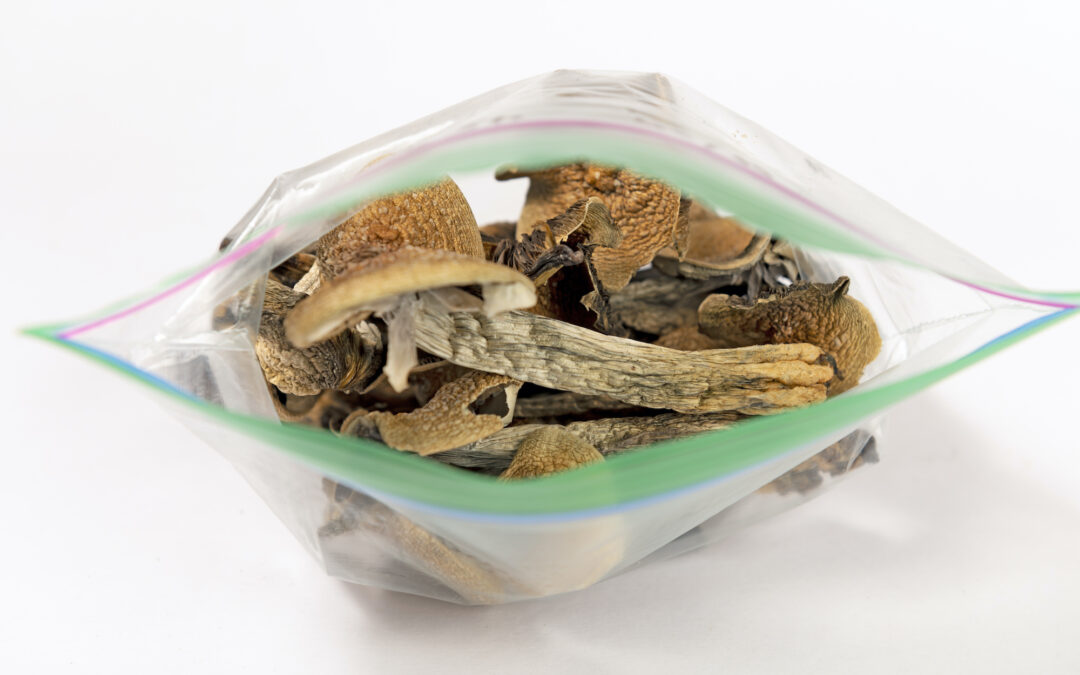

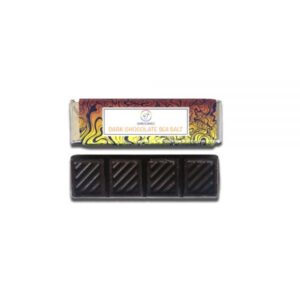


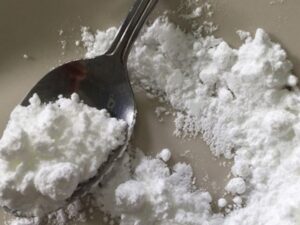


![How to Buy Shrooms Online in [Your Country/Region]](https://magicmushroomstore.us/wp-content/uploads/2023/07/Shoomiesstars-300x300.jpeg)



